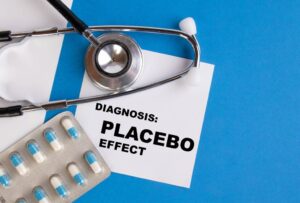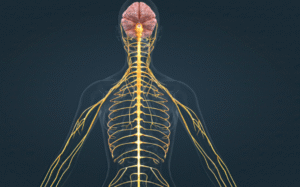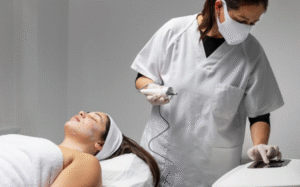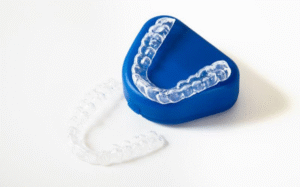Estrogen – The Woman’s All-Powerful Hormone

Estrogen is an essential hormone, both in men and women. In the women’s case, these are a group of hormones that are present from the onset of menstrual periods during puberty until menopause. It is composed of estrone (E1), estradiol (E2), and estriol (E3). According to YESWELLNESS, estrogen plays a significant role in every woman’s sexual and reproductive system. Its primary function is to develop the female secondary sexual characteristics like the breast, endometrium, preparation of the reproductive system for menstruation and pregnancy.
Physical Functions
As part of developing the physical and sexual characteristics, estrogen also aids in decreasing the height increase in the puberty stage, accelerates the burning of fats and reduces the bulkiness of muscles. It also contributes to the skin, mucous membrane, and pelvic muscles.
In the reproductive system, it enhances the uterine growth, boosts vaginal lubrication, and thickens the vaginal walls while augmenting the blood vessels in the skin.
Skin
The presence of estrogen is already proven to affect the healthiness of the human skin. It improves the content and quality of the collagen, increases the thickness of the skin, and enhances the blood supply. Moreover, it serves the skin via its estrogen receptors.
Biochemical processes
Estrogen also plays a part in the chemical processes inside the body. It works with Vitamin D and calcium in reducing bone resorption and developing bone formation. It contributes to blood clotting as it strengthens the platelet stickiness and lessens the antithrombin II.
Moreover, estrogen reduces the risks of hypertension because it boosts good cholesterol (HDL) and triglycerides and promotes deposition of fats while decreasing the bad cholesterol (LDL). The fluids and electrolytes also benefit from estrogen as it causes water and salt retention. Meanwhile, in the gastrointestinal tract, estrogen reduces bowel motility.
Development of fetus during pregnancy
Besides aiding the reproductive system during the fertilization and pregnancy, the fetus also benefits by this hormone. Testosterone and male hormones help to masculinize the fetus, while the estrogen femalizes the fetus. Both of these hormones help in the physical differentiation of the fetus based on their genetic codes.
Heart Health
Estrogen protects the heart against cardiovascular diseases. Besides keeping the blood vessels healthy and controlling cholesterol levels, it also helps reduce inflammation. These effects are significant, especially in the premenopausal stage. Since estrogen levels are getting lower as a woman ages, there is a higher risk of having heart disease during the onset of menopause; that is why menopausal women should consume estrogen-rich foods and supplements.
Mental Health
Both of the well-balanced and imbalances of estrogen affect female mental health. Besides the decreased production, how it communicates in the brain areas that are involved in mood and emotions are the factors that influence the mental state. The fluctuation, sudden decrease in its levels due to pregnancy, and menopause are related to mood swings, premenstrual syndrome (PMS), and postpartum depression.
Moreover, estrogen provides a strong effect on serotonin, a mood-balancing chemical in the brain, as it promotes its production. This effect contributes to the postpartum and menopausal depression.






